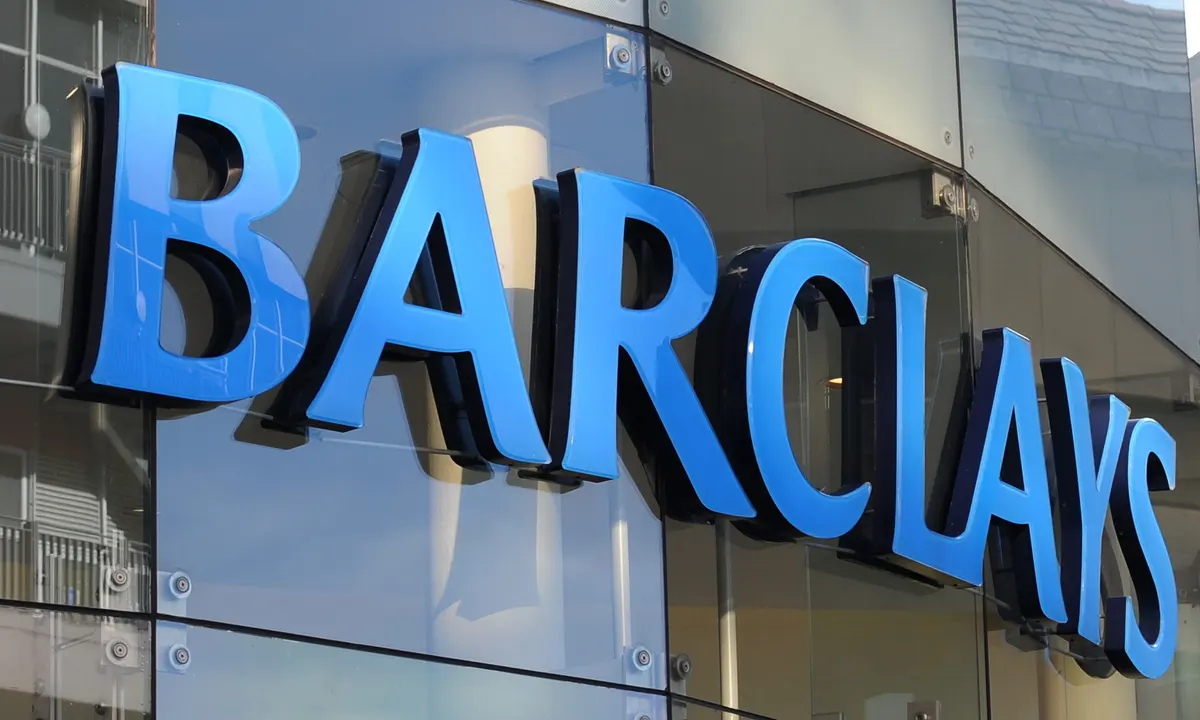Hundreds of students from leading UK universities have launched a “career boycott” of Barclays over its climate policies, warning that the bank will miss out on top talent unless it stops financing fossil fuel companies.
Barclays, one of the largest banks in the UK, is facing a backlash from students across prestigious universities like Oxford, Cambridge, and University College London. More than 220 students have sent a letter to the bank, stating their refusal to work for Barclays due to its funding of oil and gas firms, including Shell, TotalEnergies, Exxon, and BP. The students argue that unless Barclays changes its stance and stops financing fossil fuel companies, it will fail to attract high-caliber talent.
The Call for Change
The students’ letter highlights their concerns about Barclays’ climate commitments, stating that the bank’s decarbonization targets are discredited by its lack of action and its association with fossil fuel companies. While Barclays claims to be working with these companies to support their transition to cleaner energy, the students argue that major oil firms, including Shell, Total, and BP, have not made significant progress in reducing their carbon footprints.

These concerns are not unfounded. BP, for example, initially pledged to lower emissions by 35% by 2030 but has since revised its target to a more modest 20% to 30% reduction. ExxonMobil recently withdrew funding for plans to use algae to create low-carbon fuel, and Shell announced that it would not increase its investments in renewable energy this year, despite earlier promises to reduce emissions.
In light of these developments, the students are calling on Barclays to not only end all financing and underwriting of oil and gas companies but also significantly increase its funding for renewable energy firms. They believe that by redirecting its financial support towards wind and solar energy, Barclays can play a crucial role in promoting a sustainable future.
The Impact on Barclays
The career boycott by students poses a significant challenge for Barclays, particularly given its reliance on Stem applicants from top universities like Oxford and Cambridge. As the younger generation becomes increasingly concerned about climate change, their recruitment decisions are influenced by a company’s environmental practices. Barclays’ continued financing of companies involved in building new oil and gas infrastructure could deter talented students from pursuing careers at the bank.
Michelle Hemmingfield, a representative of Students Organising for Sustainability UK, which spearheaded the letter, emphasizes that new recruitment from top universities will be a headache for Barclays as long as it maintains its ties to the fossil fuel industry. The bank’s ambition to attract the best talent in science, engineering, technology, and mathematics fields could be hampered if it doesn’t align its financing practices with climate goals.
Barclays’ Response and Green Initiatives
In response to the students’ concerns, Barclays has highlighted its ambition to be a net-zero bank by 2050. The bank believes that it can make the greatest difference by working with its clients to transition to a low-carbon business model. Barclays has set targets to reduce the emissions it finances in high-emitting sectors, including the energy sector, where it has already achieved a 32% reduction since 2020.
Moreover, Barclays has been actively involved in green finance, providing £99 billion of funding for sustainable projects since 2018. The bank has also set a target to facilitate $1 trillion in sustainable and transition financing between 2023 and 2030. These initiatives demonstrate the bank’s commitment to supporting the growth of low-carbon technologies and infrastructure.
While Barclays argues that its approach is focused on collaborating with clients to drive change, the students maintain that the bank needs to take a stronger stand and cease all financing and underwriting of oil and gas companies. They urge Barclays to prioritize funding for wind and solar energy projects, which are crucial for achieving the transition to a sustainable, low-carbon economy.
Barclays’ Other Climate-Related Challenges
The career boycott is the latest in a series of challenges faced by Barclays regarding its climate policies. In May, the bank was targeted by climate campaigners at its Annual General Meeting. Pressure was also exerted on Barclays over its sponsorship of Wimbledon and its ties to the National Trust. Additionally, grassroots campaigns, including a pensioner’s refusal to pay council tax due to a link to the bank, have put further pressure on Barclays to address its association with fossil fuel companies.

As public awareness of climate change and its consequences grows, financial institutions like Barclays are increasingly being scrutinized for their role in funding activities that contribute to global warming. The bank must navigate these challenges and find ways to align its practices with the expectations of its stakeholders, including students who are demanding more sustainable financing and investment decisions.
Conclusion
The “career boycott” launched by UK students against Barclays over its climate policies highlights the growing concern among the younger generation regarding the role of financial institutions in addressing climate change. As students from prestigious universities refuse to work for Barclays due to its financing of fossil fuel companies, the bank faces the risk of missing out on top talent. The students emphasize the need for Barclays to cease all funding and underwriting of oil and gas companies and instead increase its support for renewable energy projects. Barclays has responded by highlighting its commitment to becoming a net-zero bank and its efforts in green finance. However, the students argue for a stronger stance from the bank to align its financing practices with climate goals. As Barclays faces ongoing pressure from various stakeholders, it must navigate these challenges and adapt its approach to meet the demands of an increasingly climate-conscious generation.
